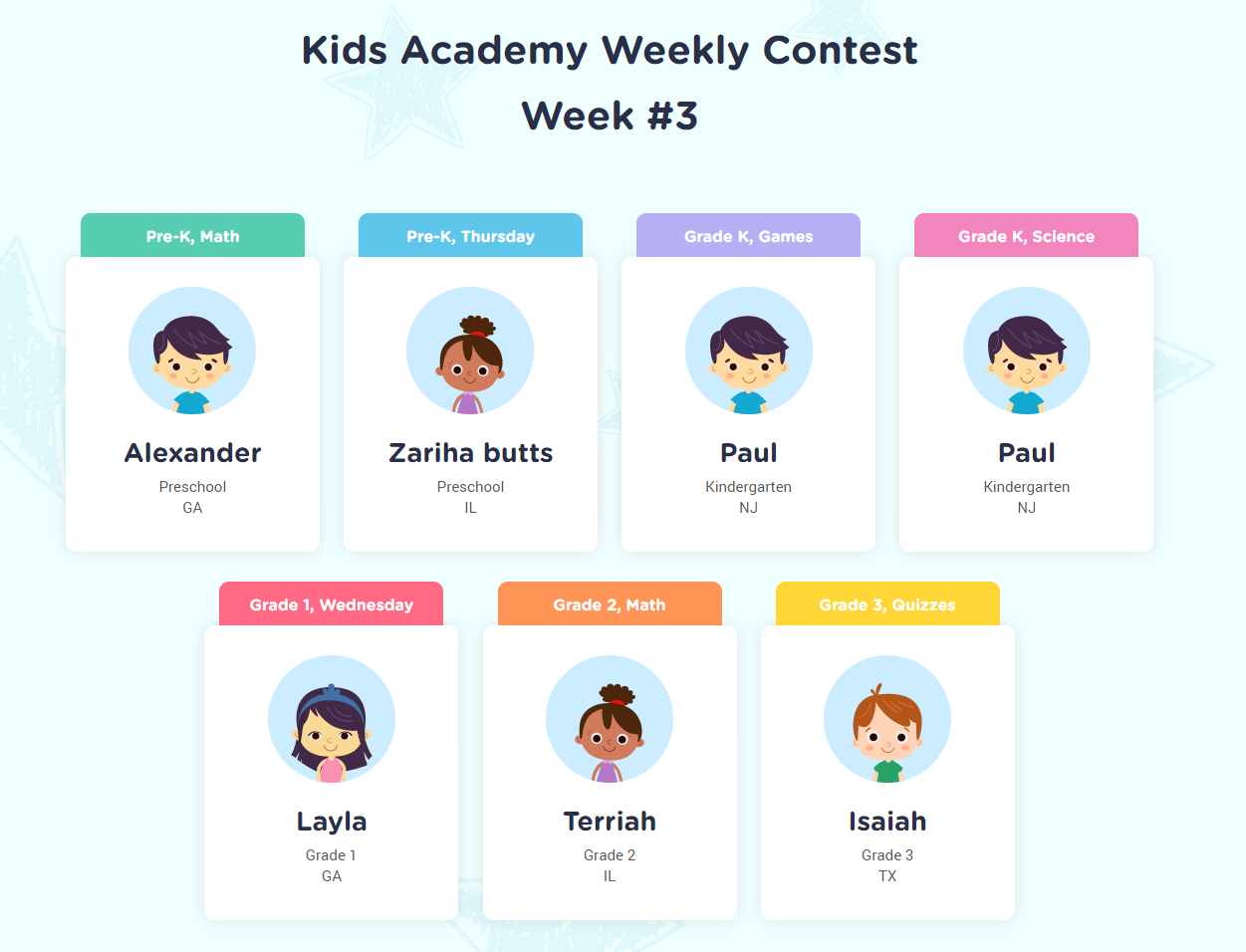Matching skills Science Worksheets for Ages 5-8
5 filtered results
-
From - To
Discover our engaging Matching Skills Science Worksheets tailored for children ages 5-8. These interactive activities are designed to bolster critical thinking, observational abilities, and foundational science concepts. With colorful illustrations and age-appropriate challenges, kids can effortlessly learn to match objects, animals, and themes while boosting their problem-solving skills and cognitive development. Ideal for classroom use or at-home practice, our worksheets make learning science fun and effective. Download and print these educational resources from Kids Academy today to spark curiosity and cultivate a love for science in your young learners!
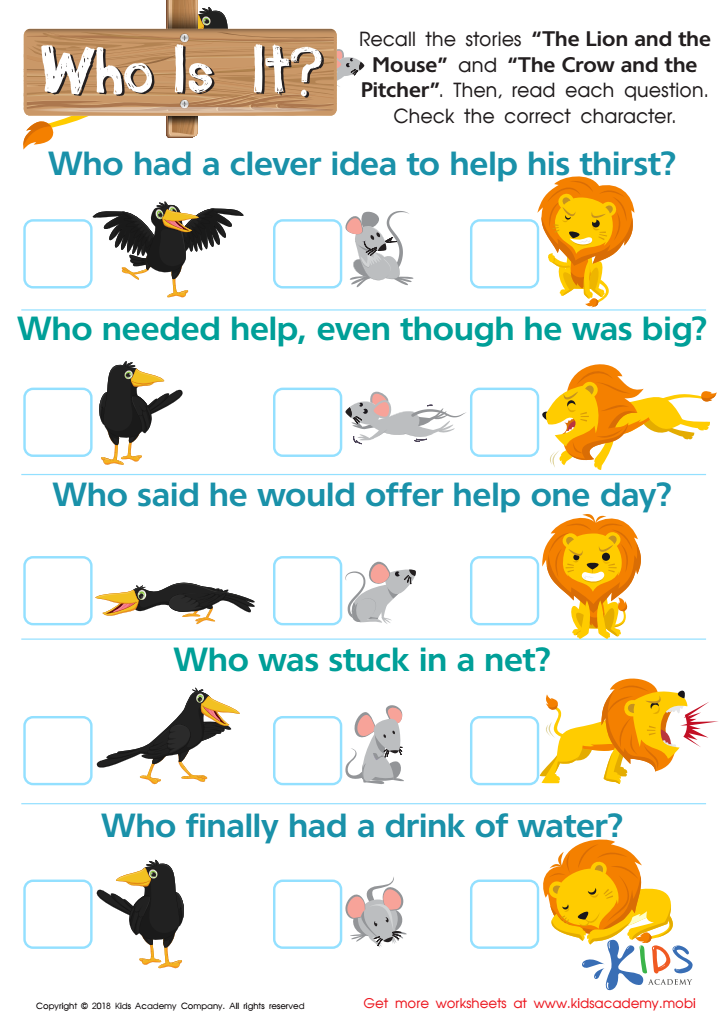

Who Is It? Worksheet
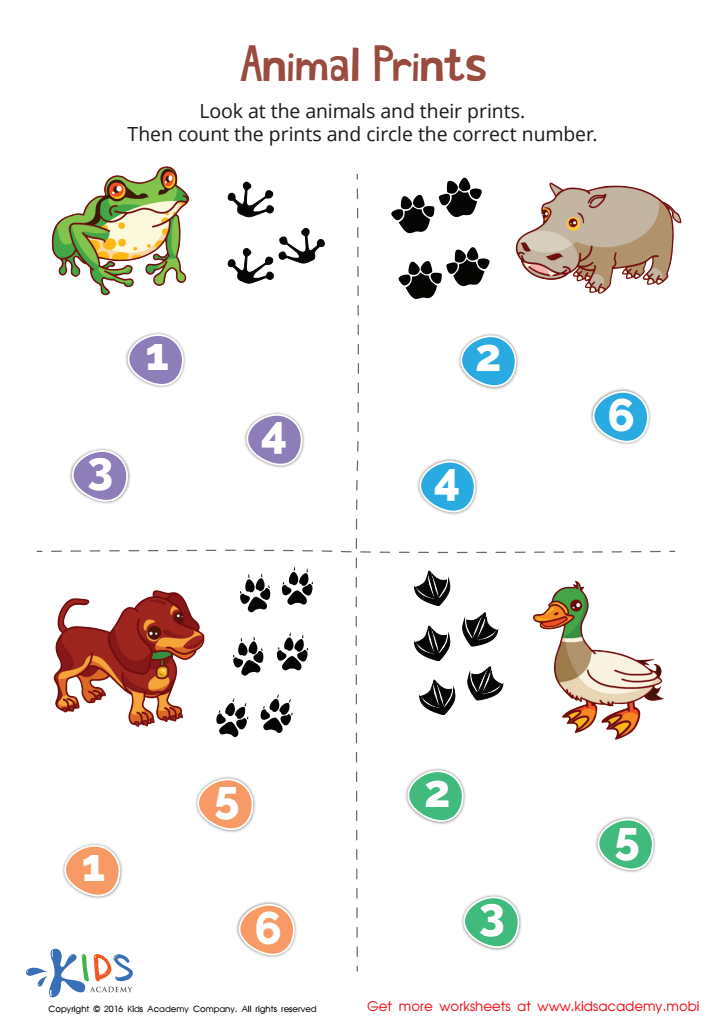

Animal Prints Match-Up Worksheet
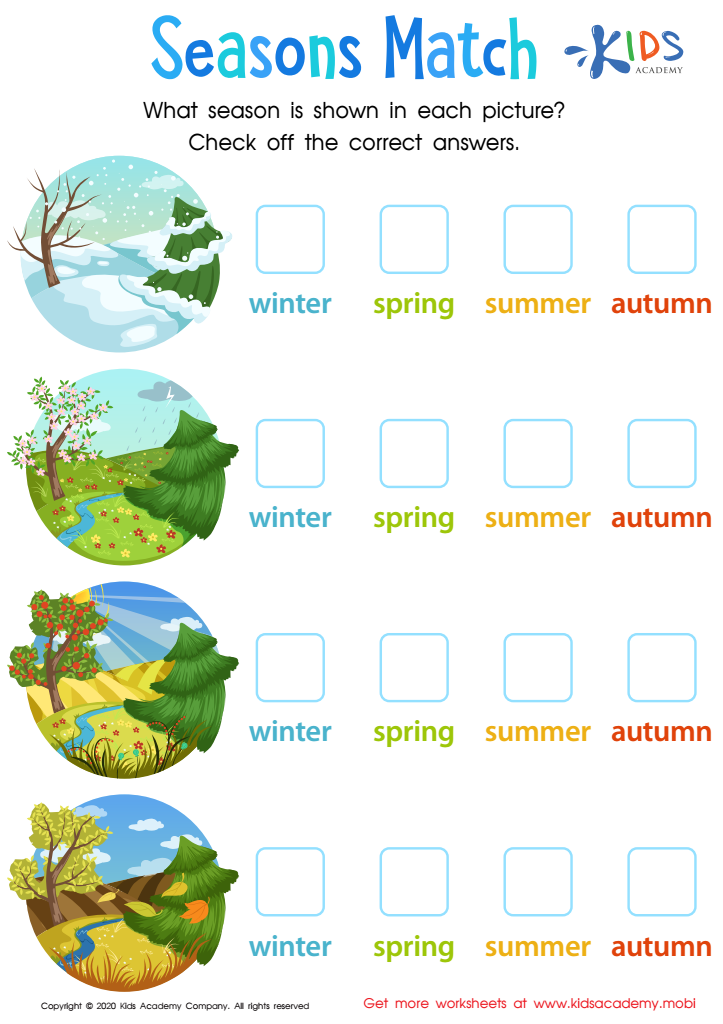

Seasons Match Worksheet
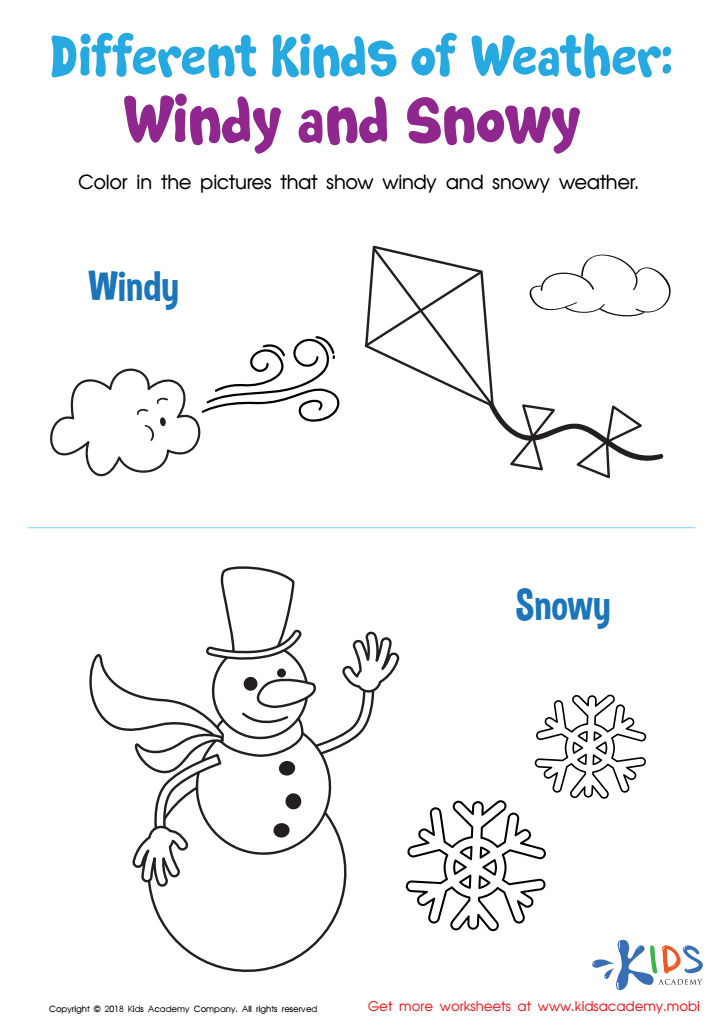

Different Kinds of Weather: Windy and Snowy Worksheet
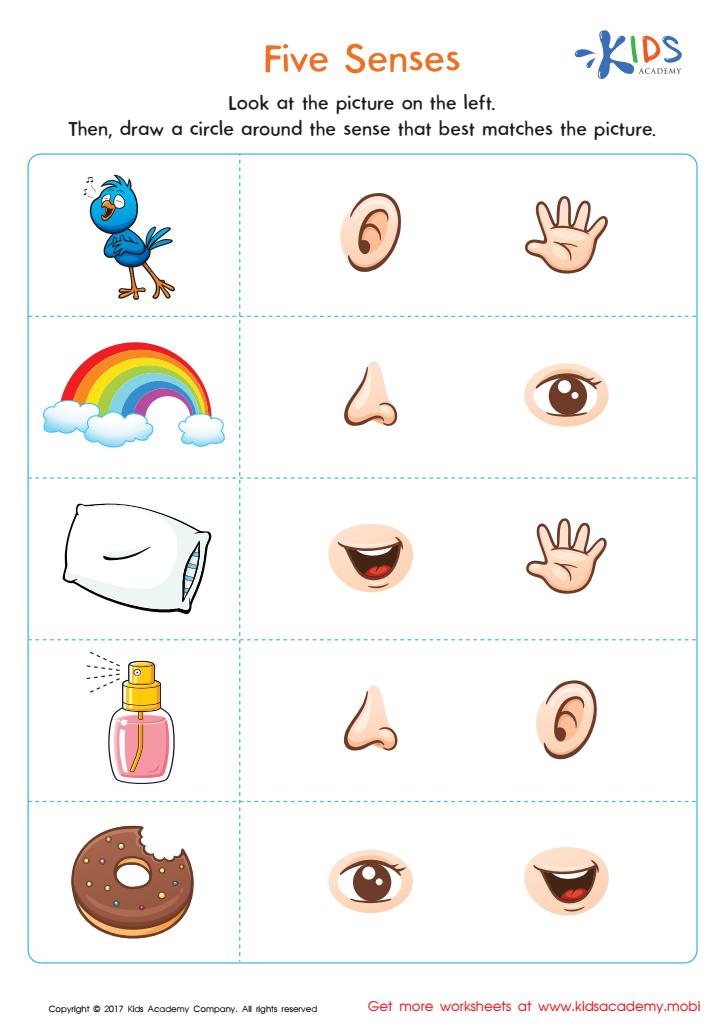

Five Senses Printable
Matching skills in science for ages 5-8 serve as a foundational building block for young learners, setting the stage for critical thinking, problem-solving, and scientific inquiry. At this developmental stage, children are naturally curious and eager to explore their surroundings. Matching exercises—such as pairing animals with their habitats, objects with their functions, or natural phenomena with their causes—enhance observational skills, cognitive development, and conceptual understanding of the world.
For parents and teachers, fostering these skills can lead to numerous long-term benefits. First, it encourages active engagement and participation, making science enjoyable and accessible rather than intimidating. This early engagement can spark a lifelong interest in scientific exploration and learning.
Second, matching activities help sharpen memory, attention to detail, and reasoning abilities. These cognitive benefits extend beyond science, positively impacting reading, mathematics, and social skills.
Lastly, developing matching skills supports both independent and collaborative learning environments. Working in pairs or groups to solve matching tasks reinforces teamwork and communication skills while promoting social development.
Investing time in these exercises at an early age prepares children not just for academic success but for informed and thoughtful participation in an ever-evolving, science-focused world.
 Assign to My Students
Assign to My Students





